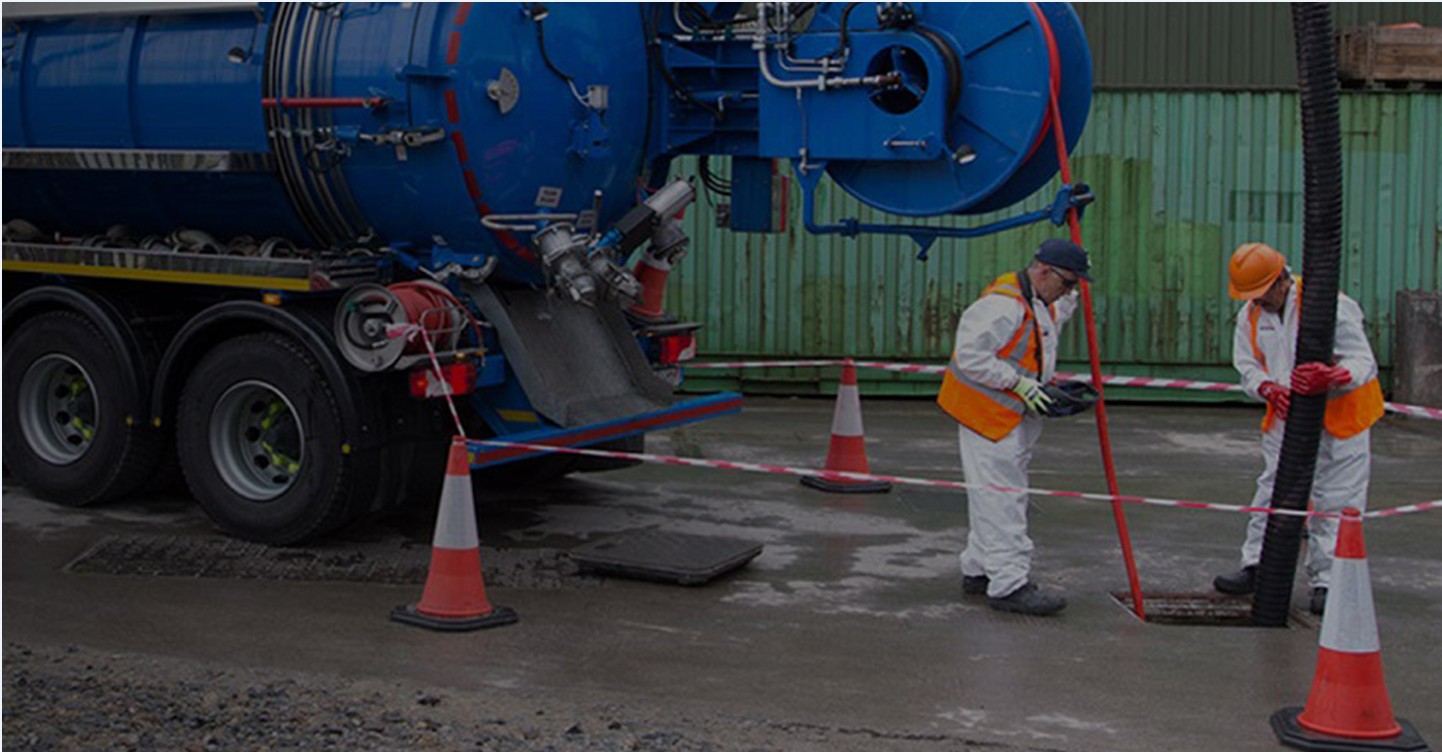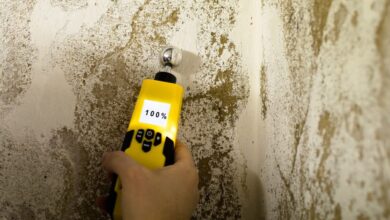
The Essential Guide to Drain Maintenance for Homes and Businesses
Drains are often out of sight, out of mind, until they become a gurgling, slow-draining, or even overflowing problem. Yet, these seemingly simple conduits are the silent workhorses of any property, essential for maintaining hygiene, preventing damage, and ensuring the smooth flow of daily life. This is where professional drain maintenance becomes invaluable.
What is Drain Maintenance?
Drain maintenance is the proactive process of inspecting, cleaning, and sometimes performing minor repairs on a drainage system to ensure it functions efficiently and prevents major issues from developing. It’s about taking preventative measures rather than simply reacting to emergencies.
Key aspects of drain maintenance typically include:
- Routine Cleaning: This involves removing common build-ups such as grease, food particles, soap scum, hair, and other debris that accumulate over time. This might be done using drain jetting (high-pressure water), snaking, or other specialised equipment to clear blockages and scour the pipe walls.
- CCTV Drain Surveys: Using miniature cameras, specialists can inspect the internal condition of pipes, identify early signs of cracks, misalignments, tree root ingress, corrosion, or blockages that are not yet causing noticeable problems. This provides a clear picture of the drainage system’s health.
- Root Cutting: Tree roots are a common culprit for drain damage, as they seek out moisture and can infiltrate pipes through tiny cracks, expanding and causing blockages or even collapses. Maintenance can involve cutting and removing these roots.
- Minor Repairs: Addressing small issues like minor cracks or leaks with techniques such as patch lining (reinforcing a section of pipe without full excavation) before they escalate into major, costly problems.
- Sump Pump Maintenance: For properties with sump pumps, regular checks to ensure they are clear and functioning correctly to prevent flooding.
- Gully and Manhole Cleaning: Clearing leaves, silt, and debris from external gullies and manholes to ensure surface water drains effectively and doesn’t back up.
Who is Drain Maintenance For?
Drain maintenance is essential for virtually everyone who owns or manages a property in the UK, whether residential or commercial.
Homeowners:
-
- Preventing Costly Repairs: Regular maintenance can prevent slow drains from becoming full-blown blockages, avoiding expensive emergency call-outs and potential water damage to floors, walls, and foundations.
- Maintaining Hygiene and Health: Blocked or slow drains can lead to unpleasant odours, stagnant water (a breeding ground for bacteria and mould), and even pest infestations (like rats). Maintenance ensures a hygienic living environment.
- Extending Drain Lifespan: Proactive care reduces wear and tear on pipes, extending the life of the entire drainage system and delaying the need for costly replacements.
- Avoiding Nuisance: No one wants a backing-up sink or a smelly drain. Maintenance helps keep daily life running smoothly.
Businesses (Commercial Properties):
-
- Maintaining Operations: For restaurants, hotels, factories, or offices, functional drains are critical for daily operations. Blockages can lead to closures, lost revenue, and significant disruption.
- Health and Safety Compliance: Especially in food service or healthcare, clean drains are paramount for meeting hygiene standards and preventing health hazards for staff and customers. Foul odours can also deter clients.
- Protecting Assets: Water damage from a major blockage or burst pipe can be catastrophic for business premises, equipment, and stock.
- Reputation Management: A business with overflowing or smelly drains quickly gains a poor reputation. Regular maintenance helps maintain a professional image.
- Cost Efficiency: Scheduled maintenance is generally far more cost-effective than emergency repairs, which often come with a premium price tag and potential downtime.
- Regulatory Compliance: Some local regulations require businesses to maintain proper drainage to avoid contamination and health hazards, protecting against fines or shutdowns.
How to Choose the Right Drain Service Provider
Selecting a reputable and effective drain service provider is crucial. It’s about more than just getting the cheapest quote. Here’s what to look for:
1. Experience and Expertise:
-
- Proven Track Record: How long have they been in business? Look for a company with a strong history of successfully resolving a wide range of drainage issues.
- Specialisation: Do they specialise in drain services, or is it just one of many offerings? Dedicated drainage companies often have more in-depth knowledge and specialist equipment.
- Case Studies/Testimonials: Ask for examples of similar problems they’ve solved or check their website for client testimonials.
2. Range of Services Offered:
-
- Do they offer comprehensive services, including CCTV surveys, high-pressure jetting, drain relining, root cutting, and excavation if needed? A broad service offering means they can handle any issue, from simple cleaning to complex repairs, without needing to call in multiple firms.
- Do they offer preventative maintenance contracts for ongoing care?
3. Emergency Response and Availability:
-
- Drain emergencies don’t wait for business hours. Do they offer 24/7 emergency call-out services?
- What is their typical response time for emergencies in your area?
4. Licensing, Insurance, and Accreditations:
-
- Public Liability Insurance: Ensure they have robust public liability insurance to cover any accidental damage to your property during their work.
- Qualifications: While not always a formal “licence” for drain work, look for evidence of qualified engineers who are trained in relevant techniques and safety procedures.
- Industry Memberships: Membership in professional bodies (though less common for individual drain companies than for, say, plumbing) can indicate a commitment to standards.
5. Transparency in Pricing and Quotations:
-
- Clear Quotes: Insist on a clear, written quotation before any work begins, detailing all costs, including labour, materials, and any potential extras.
- No Hidden Fees: Be wary of companies that are vague about pricing or push for immediate work without a clear breakdown.
- No Commission-Based Sales: Some companies pay engineers commission on services sold, which can lead to unnecessary upsells. Ask about their payment structure.
6. Technology and Equipment:
-
- Do they use modern, effective equipment like high-pressure water jetting, CCTV drain cameras, and trenchless repair technologies (e.g., drain lining)? Up-to-date equipment often leads to more efficient, less disruptive, and more effective solutions.
7. Reputation and Reviews:
-
- Online Reviews: Check platforms like Trustpilot, Google Reviews, and local forums for customer feedback. Look for consistent positive reviews about professionalism, efficiency, and problem-solving.
- References: Ask for references from previous commercial clients if you’re a business.
By taking the time to research and select the right drain service provider, you can ensure your property’s drainage system remains healthy, efficient, and free from unexpected, costly, and unpleasant surprises. Looking for a drain service provider? DASA provides excellent drainage services across Manchester in the UK.



